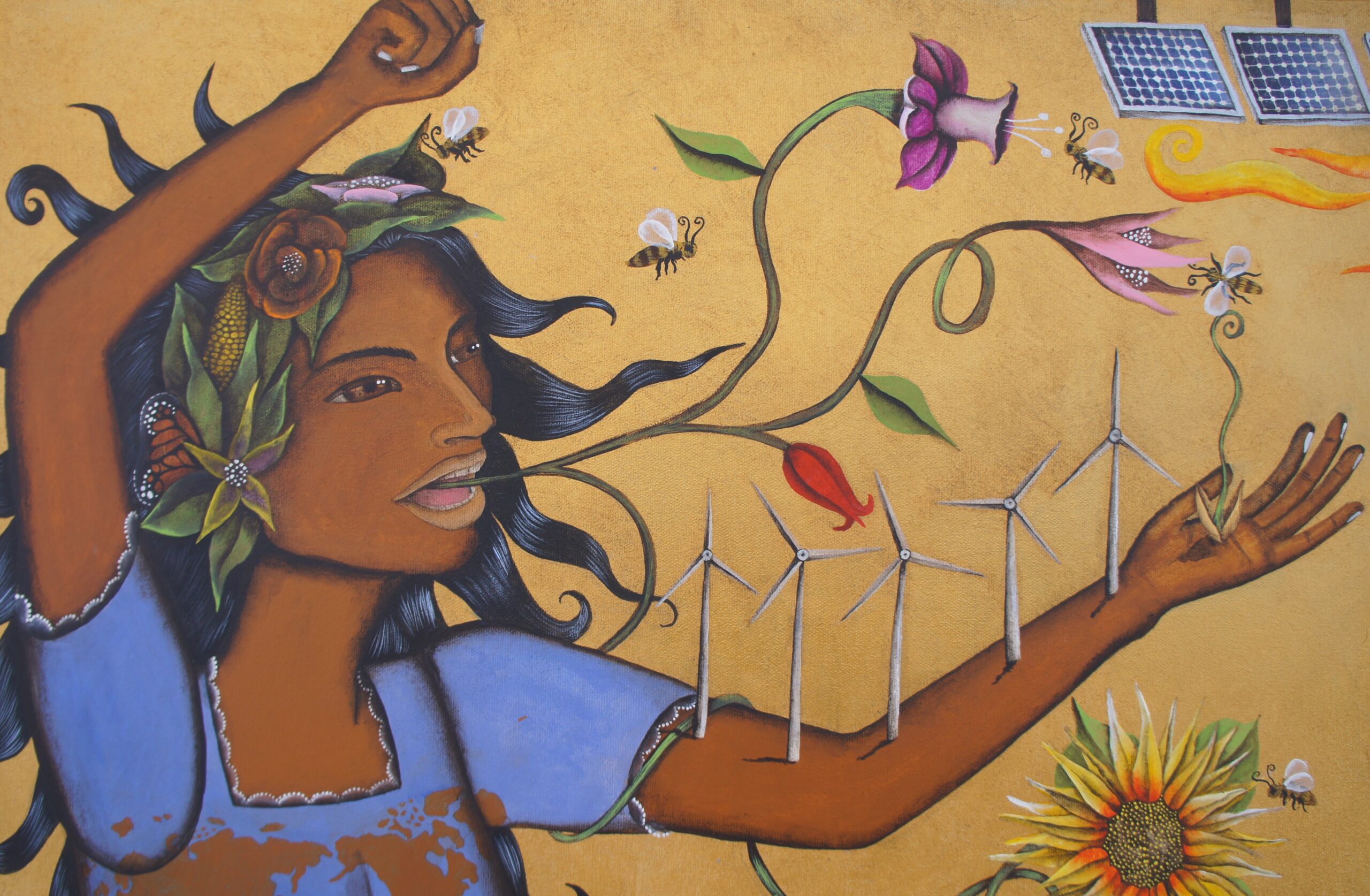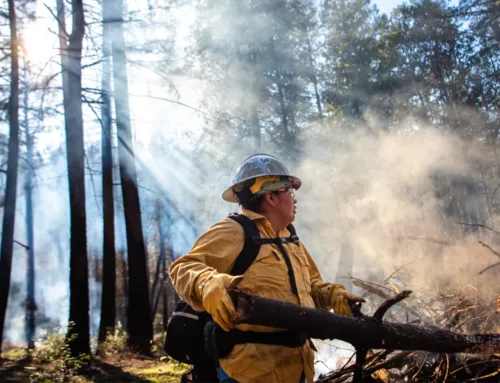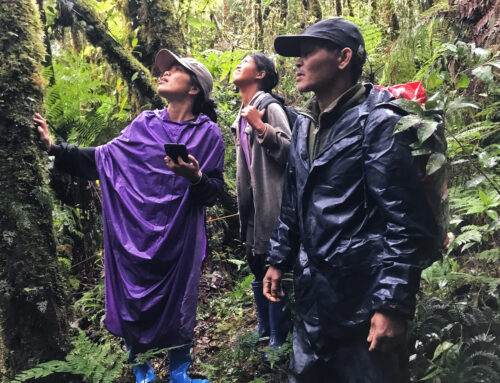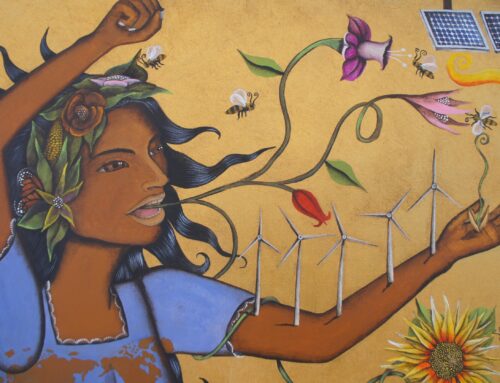In this video, Kunaq (or Marjorie) an Iñupiaq woman from Nome, Alaska discusses her work in reviving her culture’s tradition of chin tattoos. Kunaq describes the role of these tattoos and how they traditionally acknowledged spirits and honored animals and future generations. This practice, along with many others, was banned by missionaries who attempted to “civilize” the Iñupiaq People. Today, these tattoos are making a comeback as a mode of healing and cultural reclamation. When Kunaq received her own chin tattoo in 2012, there were only a handful of other women who had them. Realizing this, Kunaq started tattooing to make traditional tattoos more accessible to other women who want them. She emphasizes the powerful ceremonial significance this practice has. The ink used in tattooing is traditionally made from seal oil lamps, or nanuk, which means light. The design that Kunaq tattoos is one that is only tattooed by women artists, and it is a signifier of strength and womanhood. Kanuq explains that these traditional tattoos are an act of defiance and an acknowledgement of her ancestors’ survival.







